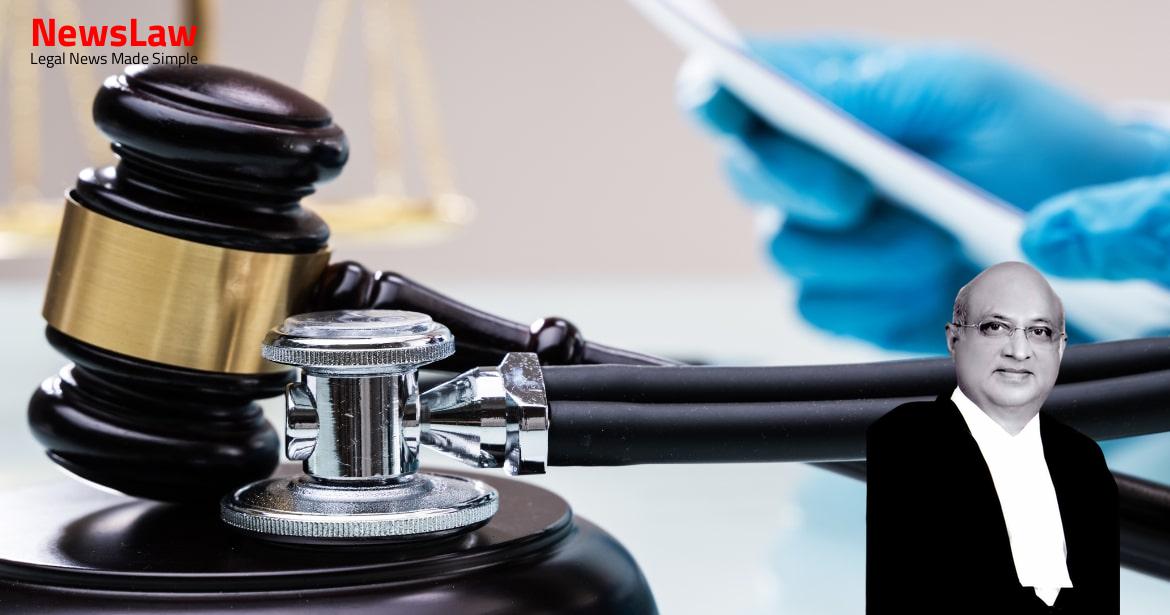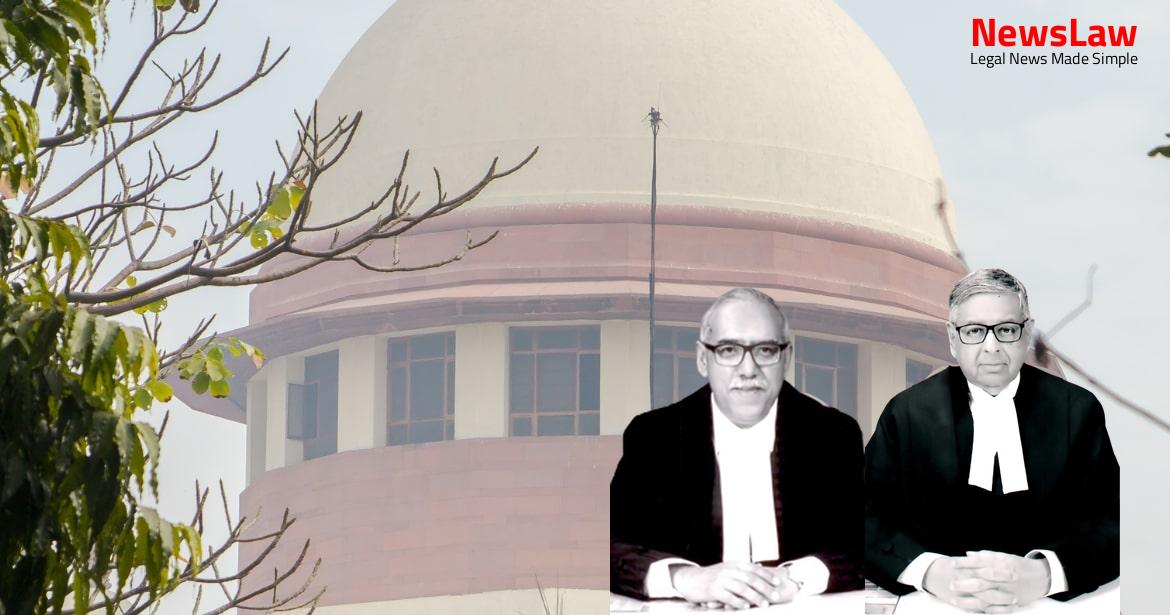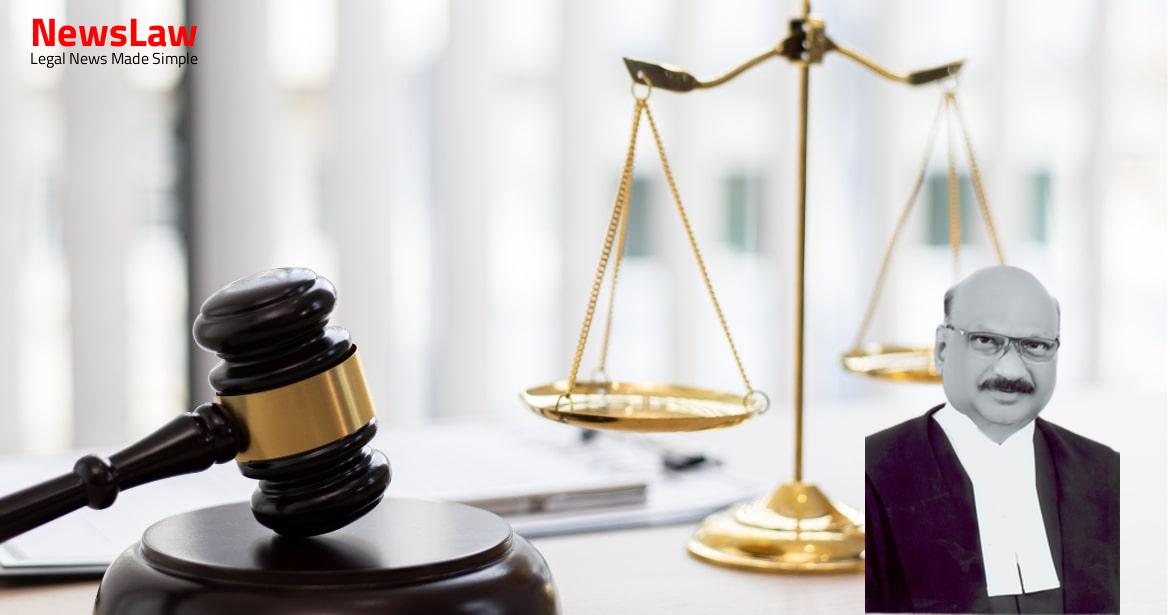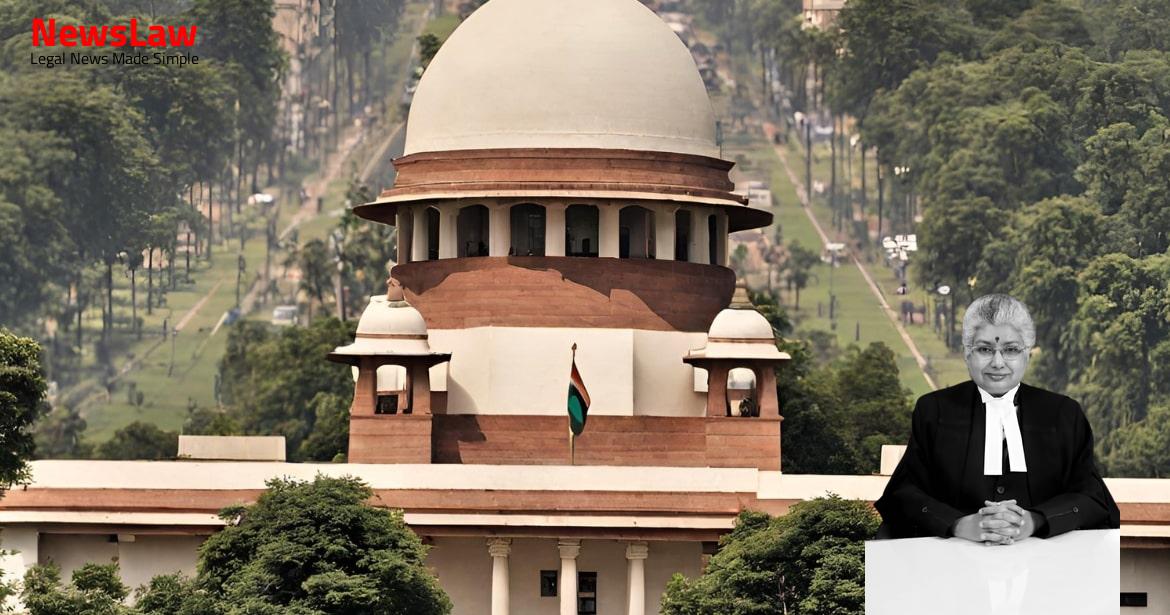In a significant legal battle, the Supreme Court of India recently delivered a crucial judgment in the case of Hyatt Hotel vs. The State of India. The case revolves around allegations of safety violations at the hotel, leading to charges under Sections 336 and 338 of the Indian Penal Code, 1860, and Section 4 of COTPA 2003. The accused, including Aseem Kapoor and Shiv Kumar Jatia, faced scrutiny regarding their roles in the incident. Let’s delve into the details of corporate liability and vicarious responsibility as addressed by the apex court.
Facts
- The accused in the case are facing charges under Sections 336 and 338 read with Section 32 of the Indian Penal Code, 1860 and Section 4 of COTPA 2003.
- The accused had filed for quashing of the chargesheet and the order passed by the Metropolitan Magistrate, Patiala House Court, New Delhi.
- The prosecution alleges that the Hyatt Hotel did not adhere to the conditions of the license which led to the incident in question.
- Accused No.2 and Accused No.4 were charged for offenses related to safety violations at the hotel.
- Accused No.2 was not present during the time of the incident according to statements provided during the investigation.
- The High Court of Delhi declined to quash the FIR against the accused under Sections 336 and 338 of IPC and Section 4 of COTPA 2003.
- The accused are held responsible for allowing guests access to unsafe areas like the terrace for smoking.
- The license issued to the hotel was found to be not in compliance with health trade license regulations.
- Overall responsibility for safety measures and operational oversight falls on the General Manager and the Managing Director of the Hyatt Hotel.
- The accused were granted permission to appear through an advocate in the proceedings.
- The High Court has considered the case as if investigation is pending
- To attract the ingredients of Section 336, an act done rashly and negligently to endanger human life or personal safety must be proven
Also Read: State of West Bengal vs. Respondents: Abetment of Suicide Case
Arguments
- The appellant-accused No.2 cannot be prosecuted based on the allegations in the chargesheet.
- The incident was a result of the injured’s negligence in climbing a wall with safety measures in place.
- Accused No.4 (General Manager of the hotel) was out of the country during the incident.
- Negligence and license condition violations do not warrant quashing the proceedings against accused nos. 2 and 4.
- Being a General Manager does not make accused No.4 vicariously liable for the incident.
- The appellant’s responsibility cannot be escaped due to negligence resulting in the injury of the appellant’s brother.
- Challenging the High Court’s order and lack of grounds for interference.
- Individual liability cannot be imposed without evidence of active involvement with criminal intent.
- Arguments presented by senior counsels for the respective appellants in the criminal appeals.
- Referring to judgments in support of various cases and principles.
- Highlighting the insistence of the injured and other guests to go to the terrace despite designated smoking areas.
- Ownership details of the hotel and the role of the accused individuals.
- Elements required for prosecution and references to specific judgments for support.
- Errors in the High Court’s directions and granting of exemption for personal appearances.
- Learned counsel relied on the case of TGN Kumar vs State of Kerala & Ors in support of his case.
- The judgment in the case of Madan Mohan vs State of Rajasthan was also considered.
- These cases were used to strengthen the arguments presented by the respondent.
Also Read: Judgment in Crl. Revision Petition No. 02/2011
Analysis
- The case involved allegations against the appellants based on specific charges made against them, not just by virtue of their positions in the company.
- The main allegations were directed towards the company and staff members in charge of day-to-day operations.
- The Managing Director was accused solely due to their position, without direct allegations of negligence with criminal intent.
- The judgment in the Sunil Bharti Mittal case supports the stance that vague allegations against a Managing Director do not necessarily imply criminal intent.
- The allegations regarding smoking areas in the hotel and negligence by the General Manager are subject to further examination during trial.
- The accused Directors’ liability in corporate criminal cases was detailed referencing the Sunil Bharti Mittal case.
- The proceedings under Section 4 of COTPA 2003 were deemed fit to be quashed against the accused Directors due to lack of direct incriminating allegations.
- A corporate entity acts through its officers, Directors, Managing Director, Chairman, etc.
- Individuals who commit an offence on behalf of the company can be made an accused if there is evidence of their active role and criminal intent.
- Vicarious liability does not apply unless specified by the Statute.
- The Penal Code does not hold Managing Director or Directors liable when the accused is a Company.
- In cases of vague allegations against Managing Directors when the company is not a party, proceedings can be quashed under Section 482 of Cr.P.C. if there is insufficient evidence of their active role and criminal intent.
- Criminal intent alleged must have a direct nexus with the accused.
- Vicarious liability of Directors depends on the charges levelled against the Company.
- Case law dictates that the inherent powers under Section 482 of Cr.P.C. can be invoked to prevent the abuse of court processes and secure the ends of justice.
- Statutes must specifically provide for fixing vicarious liability, and complainants must make requisite allegations to establish it.
- The High Court issued directions without recording any reason, which are being challenged in the appeals.
- The direction allowing the accused to appear through an advocate is within the High Court’s power under Section 482 of the Cr.P.C.
- Considering the nature of the directions issued by the High Court, it is deemed inappropriate to interfere with them in these appeals.
Also Read: Partnership Dissolution Case: Legal Heirs’ Rights Upheld
Decision
- Accused No.4 – Aseem Kapoor’s appeal partially allowed, chargesheet quashed for alleged offence under Section 4 of COTPA 2003
- Ms. Gauari Rishi’s appeals dismissed
- Shiv Kumar Jatia – accused no.2’s appeal allowed, order passed in Crl.M.C. No.2209 of 2015 set aside, criminal proceedings quashed
- Observations and findings in the impugned order are only for the purpose of disposal of these appeals
- Trial Court can record its own findings post-trial strictly in accordance with law
Case Title: SHIV KUMAR JATIA Vs. STATE OF NCT OF DELHI
Case Number: Crl.A. No.-001263-001263 / 2019



